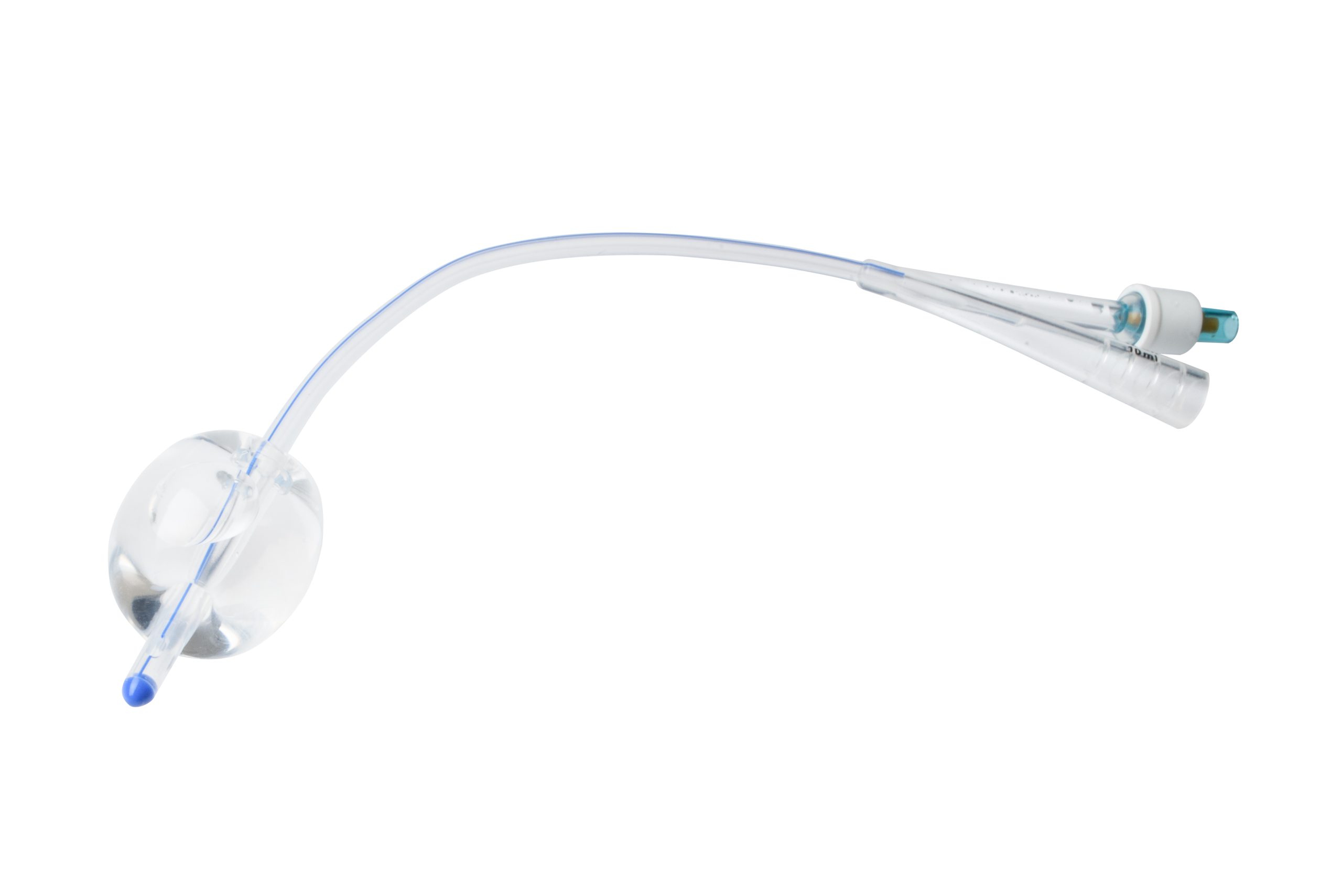Parkinson’s

The term Parkinsonism is often used to describe several conditions that share similar symptoms. Idiopathic Parkinsons symptoms include tremor, rigidity, and slowness of movement. Drug induced parkinsonism is when neuroleptic drugs block the action of dopamine in the brain and vascular parkinsonism which is when restricted blood supply to the brain effects mood, memory, sleep, and movement.
There are over 40 different symptoms of Parkinson’s, and the symptoms appear when there is insufficient dopamine produced – Symptoms can be either motor (typically movement) or non-motor (non-visible like pain or tiredness) and symptoms will differ between individuals. Bladder challenges are common and include Urgency (when you need to pass urine urgently) Frequency (when you need to pass urine frequently) and Nocturia (when you need to get up to pass urine in the night) and Bowel challenges may include constipation (when your stools become hard and difficult to pass)
It is important that you seek help from a health care professional who can advise you if you have Bladder or Bowel challenges and they can recommend the management plan to you help you.
Other posts you might like

Prostate conditions
The prostate is a small gland found only in men or people assigned male at birth (and some intersex people). It sits jus...

Spinal injury
A spinal cord injury can be divided into two types. An incomplete injury means the spinal cord is still able to transmit...

Troubleshooting – Urinary Catheter
You should seek help if any of the following occurs: • There has been no urine draining into the bag for 2-3 hours, es...
We’re here to help you
Our team are waiting for you to get in touch
